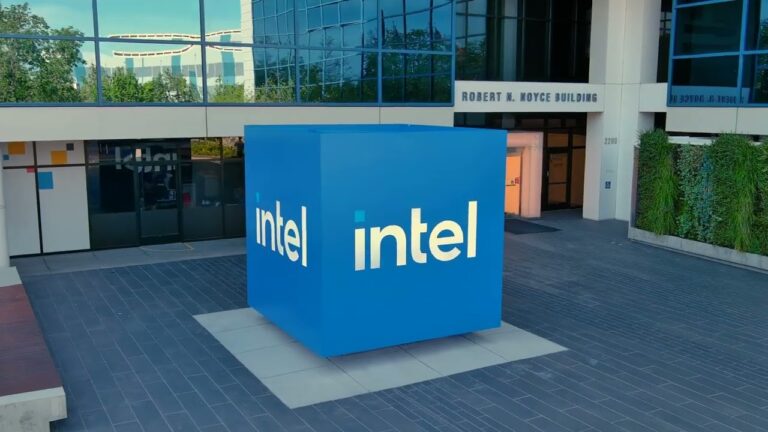World’s largest coffee house chain, Starbucks, is facing major financial issues; this precipitated the exit of the company’s Indian-origin CEO Laxman Narasimhan. The organization, which has popular brand images and various coffee products, has sucked downward in recent period, and this spin-off seems to be quite stunning.
On August 13, Starbucks said that Brian Niccol, the current chief executive officer of chipotle will join the company as the chairman and CEO. The company has announced the resignation of Narasimhan who has resigned both as the Chief Executive Officer and Board Director of the company effective 1st April, 2008.
Niccol will assume his new position on September 9, 2024. Meanwhile, Starbucks has its current Chief Financial Officer Rachel Ruggeri taking up the position of the CEO until Niccol can resume her duties.
Starbucks Leadership Shift and Sales Decline
Claire Ting was the executive vice-president for Starbucks China while Mukhtar Ahmed was the regional COO when Narasimhan, who was the CEO of Reckitt, was unveiled as the new Starbucks CEO in September 2022. He was required to take up the mantle from Howard Schultz and turn around the straining company’s fortunes. Yet, he failed to increase values of comparable sales, and it worsened the position of the company. The company was compelled to reduce its projection in April because the U. S. sales decreased, and China’s growth rate declined.
Starbucks posted the first decline of same-store sales in almost three years in April; it was global, including operations in the United States. This decline made the company to reduce its annual sales expectation. As competition pressure mounted in the American coffee market, Starbucks resorted to more offers and coupons, followed by competitors such as Dunkin’ Donuts. The company also increased its marketing expenses to about $508 million in the international market by 2023, focusing on capturing the generation Z and the millennials.
Further, Starbucks was under fire last year when Starbucks Workers United expressed support to the war in Gaza. The post brought several boycotts and sales loss which may have greatly affected the business and removed approximately $11 billion of the company’s market value.
Steadily increasing coffee prices due to disastrous weather conditions in Brazil, shrunk Starbucks profit margin and left it with no option than to transfer extra costs to the consumers.
The former CEO, Howard Schultz, has also brought out these problems needing correction most prominently in the U.S operations. He stressed the idea that the company needs to bring focus on enhancing the in-store customer experience rather than focusing on the data. ‘The answer does not lie in data but in the stores,’ Schultz said in May.
At the same time, Starbucks experiences these challenges and needs to revise its plans and activities in order to regain the lost position on the market and the customers’ trust.




+ There are no comments
Add yours